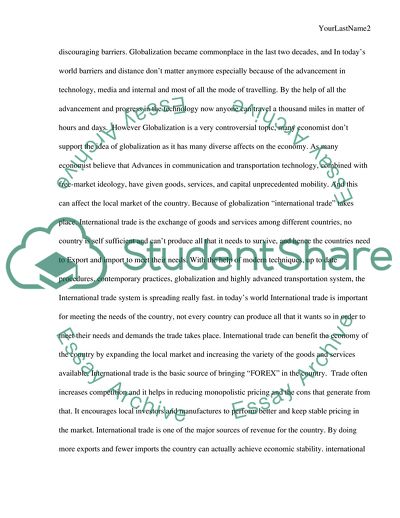Cite this document
(Why globalization is bad for the economy Research Paper, n.d.)
Why globalization is bad for the economy Research Paper. https://studentshare.org/macro-microeconomics/1761069-why-globalization-is-bad-for-the-economy
Why globalization is bad for the economy Research Paper. https://studentshare.org/macro-microeconomics/1761069-why-globalization-is-bad-for-the-economy
(Why Globalization Is Bad for the Economy Research Paper)
Why Globalization Is Bad for the Economy Research Paper. https://studentshare.org/macro-microeconomics/1761069-why-globalization-is-bad-for-the-economy.
Why Globalization Is Bad for the Economy Research Paper. https://studentshare.org/macro-microeconomics/1761069-why-globalization-is-bad-for-the-economy.
“Why Globalization Is Bad for the Economy Research Paper”. https://studentshare.org/macro-microeconomics/1761069-why-globalization-is-bad-for-the-economy.


